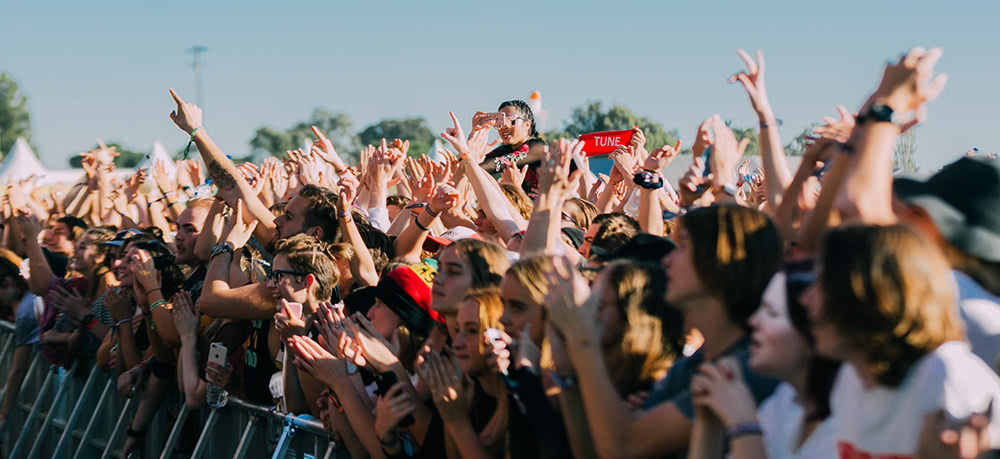Time’s Up draws a line under harassment in new workplace guide

Time’s well and truly up for sexual misconduct and bad behaviour in the entertainment industry, and advocates for change have laid down the groundrules.
Time’s Up Entertainment, the U.S.-based support group for women working in entertainment, has issued a resource on preventing and reporting workplace misconduct, including discrimination, retaliation, unwanted touching, harassment, sexual assault, and rape.
Time’s Up Guide to Working in Entertainment spreads across three downloadable volumes which its authors says offers guidance for staff “who find themselves in situations that are at best awkward, or at worst, dangerous.”
Fed up with “systemic inequity, misogyny, and harassment,” the foundation set about creating its best practice handbook by teaming up with actors and filmmakers, intimacy coordinators, production crew, union workers, lawyers and peak body allies.
The guide covers every conceivable scenario, from auditions to nude scenes and reporting on harassment, with a particular focus on the traumas many cast and crew face while working in Hollywood.
“Too many people in the entertainment industry are facing physical, emotional, and financial harm,” says Tina Tchen, president and CEO of the Time’s Up Foundation, on announcing the new report. “We know because we, unfortunately, hear about it all the time.
“This resource is one of many ways Time’s Up is working to ensure everyone is treated with safety, respect, and dignity in the workplace, no matter what work you take on.”
It’s simple stuff, and long overdue. But workplace misconduct is still clearly a problem, in film, TV and music.

According to a report published last October by the U.K.’s Musicians Union, nearly half of all musicians face harassment while going about their day-to-day.
The MU, which represents more than 30,000 musos, found approximately 85 per cent of victims said they feared taking action over the abuse because of “the culture of the industry” and the ramifications speaking out could have on their careers.
More than 61 per cent of respondents said they felt at risk because they work on a freelance basis. And many affected young artists feel the need to quit.
A separate, Australian study published in 2018 and conducted by The Conversation found that 87.5% of participants saw sexual harassment to be commonplace at music festivals.
The Australian music industry took the lead with the launch of Your Choice in July 2017 with a campaign intended to stamp out sexual misconduct and harassment at shows.
Download the Time’s Up guide here.
This article originally appeared on The Industry Observer, which is now part of The Music Network.






























